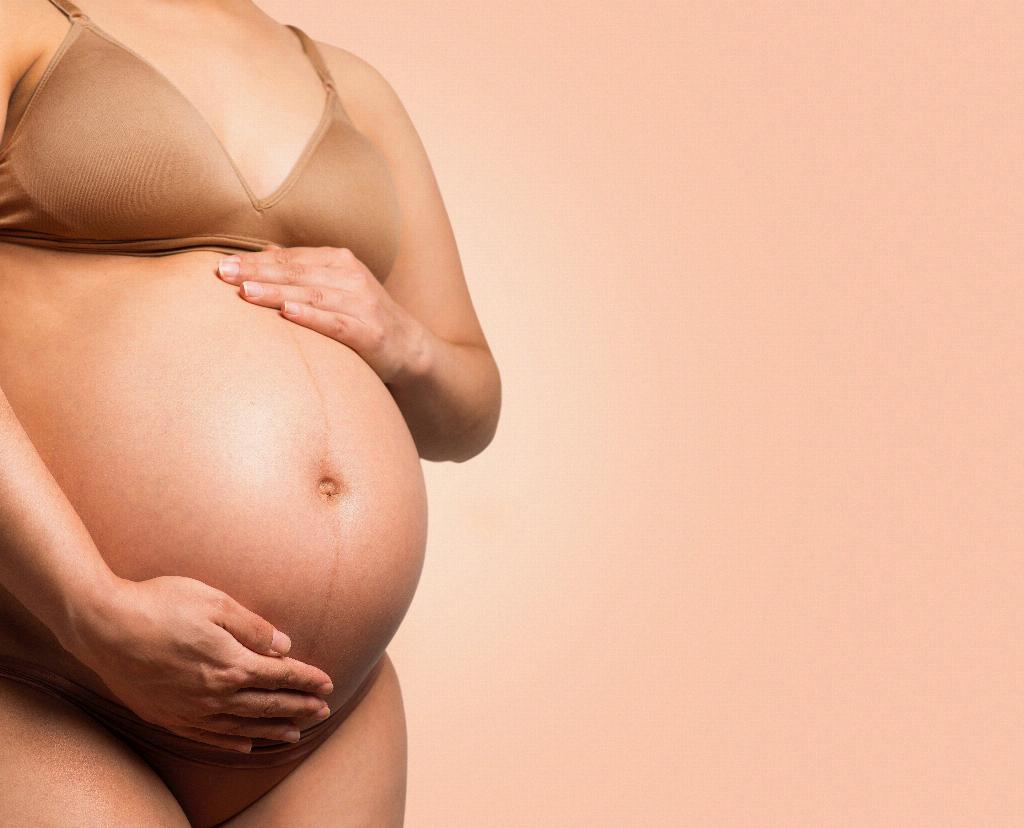Many women experience a drop in estrogen levels after giving birth, which can lead to a variety of symptoms. One common symptom is hot flashes, characterized by sudden feelings of warmth, flushing, and sweating. These episodes can be uncomfortable and disruptive to daily life, making it crucial for new mothers to address the issue.
Another prevalent symptom of low estrogen postpartum is night sweats, which can disturb sleep patterns and leave new mothers feeling fatigued and irritable. The combination of hormonal changes and sleep disturbances can take a toll on mental health, exacerbating feelings of stress and overwhelm during the already challenging postpartum period.
Vaginal dryness is also a common symptom of low estrogen after giving birth. This can lead to discomfort during intercourse and increased risk of urinary tract infections. Addressing vaginal dryness is essential for the overall well-being and quality of life of new mothers as they navigate the physical and emotional changes postpartum.
In addition to these physical symptoms, some women may experience mood swings, anxiety, or depression due to low estrogen levels after childbirth. Hormonal fluctuations can impact emotional regulation, leading to feelings of sadness, irritability, or even hopelessness. It is vital for new mothers to seek support and treatment to manage their mental health during this time.
Low estrogen levels can also contribute to fatigue and low energy levels, making it challenging for new mothers to keep up with the demands of caring for a newborn. It is essential for women to prioritize self-care, rest, and nutrition to support their physical and emotional well-being as they recover from childbirth and adjust to life with a new baby.
Some women may notice changes in their skin, hair, or nails as a result of low estrogen levels after giving birth. Skin may become drier, hair may thin or fall out more than usual, and nails may become brittle. These changes are typically temporary but can impact self-confidence and body image, highlighting the importance of self-care practices.
Weight gain or difficulty losing pregnancy weight can also be linked to low estrogen levels postpartum. Hormonal imbalances can influence metabolism, appetite, and fat storage, making it challenging for women to manage their weight effectively. Adopting a balanced diet and engaging in regular physical activity can help support weight management during this time.
Menstrual irregularities or changes in menstrual cycles are common symptoms of low estrogen after childbirth. Some women may experience delayed or irregular periods, while others may notice heavier or lighter flows than usual. Monitoring menstrual changes can provide valuable insights into hormonal health postpartum.
Bone density loss is another potential consequence of low estrogen levels after giving birth. Estrogen plays a critical role in maintaining bone health, and inadequate levels can increase the risk of osteoporosis or bone fractures. Incorporating weight-bearing exercises, calcium-rich foods, and vitamin D into one’s routine can help support bone density during this vulnerable period.
Cognitive changes, such as difficulty concentrating, memory lapses, or brain fog, can also manifest in some women experiencing low estrogen after childbirth. These cognitive symptoms can impact daily functioning and productivity, highlighting the importance of rest, hydration, and mental stimulation to support brain health and clarity.
Low libido or changes in sexual desire may also occur as a result of low estrogen levels postpartum. Hormonal fluctuations, fatigue, and physical discomfort can diminish libido in some women, affecting intimacy and relationships. Open communication with partners and healthcare providers can help address these changes and explore potential solutions.
Overall, understanding the symptoms of low estrogen after giving birth is essential for new mothers to prioritize their health and well-being during the postpartum period. Seeking support from healthcare providers, engaging in self-care practices, and maintaining open communication with loved ones can help women navigate the physical, emotional, and cognitive changes that may arise as they recover from childbirth and adjust to motherhood.

